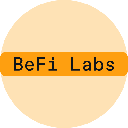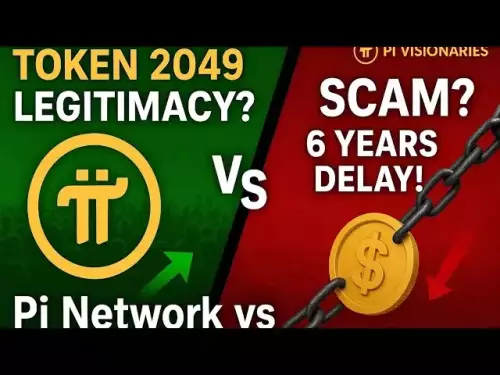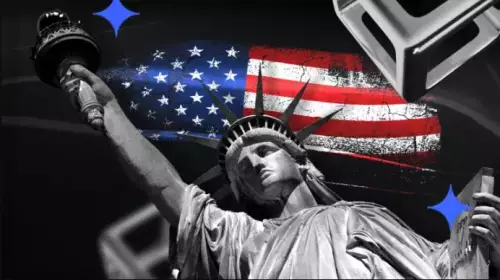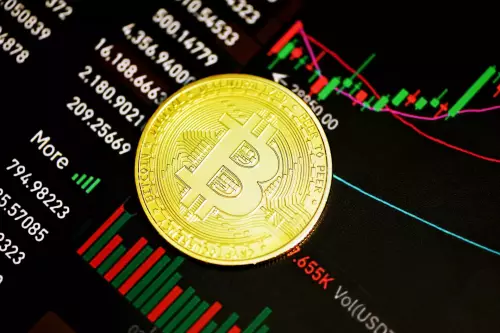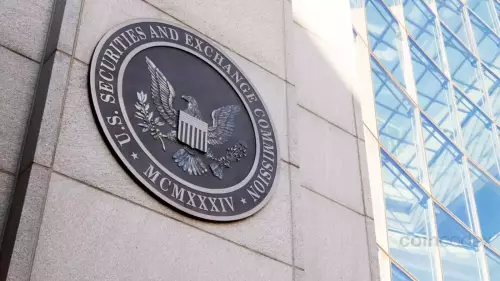A look at Senator Warren's concerns regarding AI chip sales, the USD1 stablecoin, and potential conflicts of interest involving the Trump administration.

Senator Warren's scrutiny of AI chip sales to the UAE and the USD1 stablecoin raises questions about national security and potential conflicts of interest. Let's dive into the key issues.
Warren's Concerns: AI, UAE, and USD1
Senator Elizabeth Warren has been vocal about potential conflicts of interest arising from the Trump administration's dealings with the United Arab Emirates (UAE). Her concerns center on two main areas: the sale of advanced AI chips to the UAE and investments in the USD1 stablecoin.
The AI Chip Controversy
Warren, along with Senator Elissa Slotkin, requested investigations into David Sacks, the White House AI and Crypto Czar, and Steve Witkoff, US Special Envoy to the Middle East, regarding the sale of AI chips to the UAE. The senators worry that these sales could pose national security risks, especially given alleged financial ties between the Trump family and UAE officials.
USD1 Stablecoin and Potential Conflicts
Warren also highlighted that Sheikh Tahnoon bin Zayed Al Nahyan, a key UAE figure, invested heavily in the USD1 stablecoin. This investment, coupled with Witkoff's connections to World Liberty Financial (WLFI), the issuer of USD1, raises further conflict-of-interest concerns. While Witkoff claims to have relinquished his interests in WLFI, his son remains actively involved.
Lyno AI Presale Gains Momentum
While Senator Warren is dealing with crypto policy on Capitol Hill, innovation in the crypto space continues. The presale of Lyno AI, an AI-powered project, has garnered significant attention, raising over $37,000. This shows the crypto market is still keen on AI, even if government officials are still trying to understand the tech and the risk.
World Liberty Financial's USD1 and Debit Card Plans
World Liberty Financial (WLFI), associated with the Trump family, is planning to launch a debit card that will allow seamless transactions using its USD1 stablecoin and integrate with Apple Pay. Zak Folkman, WLFI's co-founder, announced this at Korea Blockchain Week 2025. This is an ambitious attempt to make cryptocurrency useful in daily life. However, WLFI's token (WLFI) has been under selling pressure, signaling the market is on the fence regarding the project's success.
So, What's the Deal?
Senator Warren is right to ask the tough questions. When advanced tech and large sums of money are involved, especially with potential connections to government officials, everyone needs to be sure everything is above board. On the other hand, the crypto market doesn't wait for government approval, with projects like Lyno AI pushing the boundaries and WLFI trying to bridge the gap between digital assets and everyday spending.
The important takeaway here is, that while government officials might be slow to adapt to the changes, the crypto space is constantly evolving and attempting to make a name for itself. It's a constant balancing act, isn't it?































